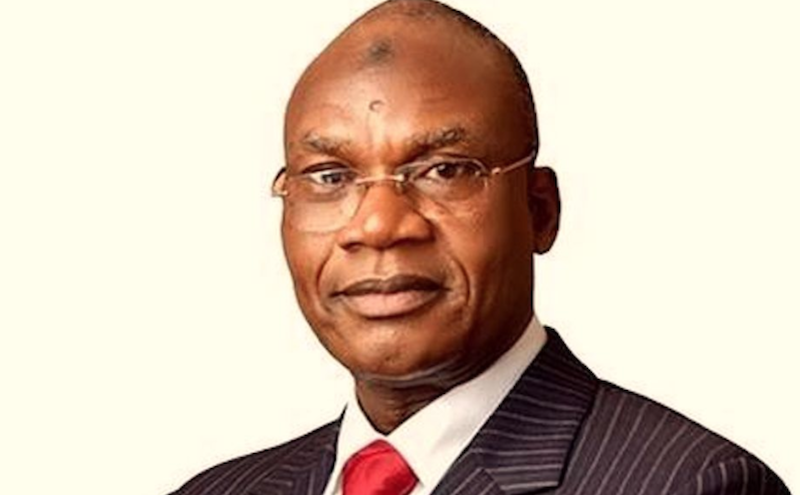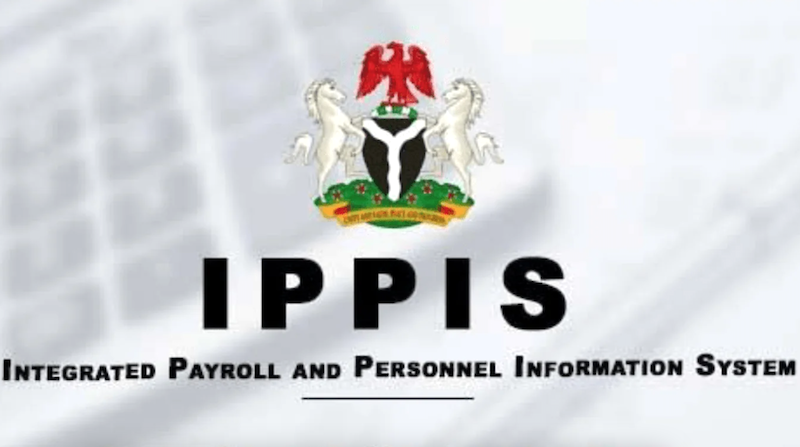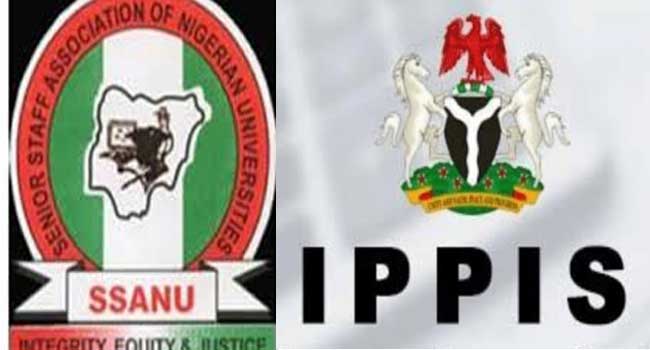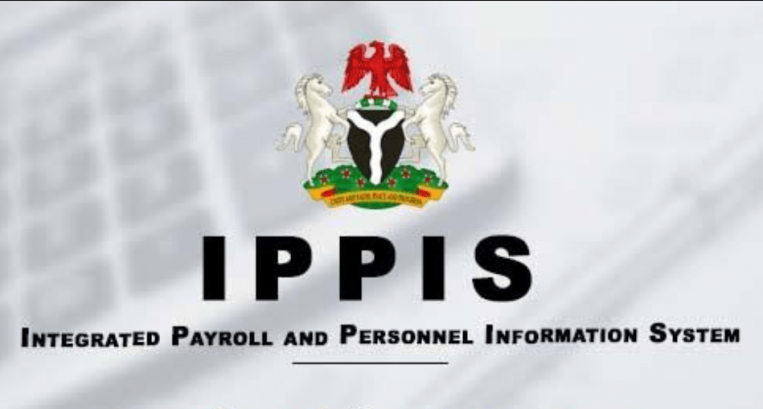The Academic Staff Union of Universities (ASUU) has explained why it rejected two payment platforms of the federal government and insisted on University Transparency and Accountability Solution (UTAS), it created as alternative.
ASUU had rejected the Integrated Personnel and Payroll Information System (IPPIS), a platform the Federal Government uses to pay no fewer than 789,000 of its workers in various sectors of the economy. ASUU members are also currently on the platform.
The union had also rejected Government Integrated Financial Management and Information System (GIFMIS), the platform the federal government recently approved that ASUU payment should transit to, with effect from November
In an exclusive interview the NAN on Sunday in Abuja, the ASUU President, Prof. Emmanuel Osodeke, said that the union’s stance is in line with the autonomy of the nation’s tertiary institutions.
According to him UTAS conforms with the statutory provision that the university’s finances should be managed by its Governing Council.
“ASUU’s position is that the finances of the university should be managed by the Governing Council. That’s what the law says. It does not says by the Accountant General’s office.
”Every year, the governing council directs the Vice Chancellor to defend its budget at the National Assembly.When the budget is approved including salary, remuneration, overhead, it will go to the President for assent and it becomes a law.
”That money should be released to the Governing council to pay its staff members. That is the autonomy of the university we are talking about, as stipulated in the law,” he said
Osodeke stressed that the universities should be given autonomy, to be able to plan for its staff members’ recruitment and how to pay their salaries.
He recalled that the Union rejected IPPIS because its implementation does not only erodes university’s autonomy but meddles with its internal affairs and violates Section 24A of the Universities Miscellaneous Provisions (Amendment) Act 2003.
Osodeke also faulted the recent guidelines by the federal government detailing the process for the formal exit of Federal Tertiary Institutions (FTIs) from IPPIS.
In a circular issued on Oct. 8, the Accountant General of the Federation (AGF), Dr. Oluwatoyin Madein, said the payroll for FTIs in the month of October 2024 will still be processed on the IPPIS platform.
She added that, starting from November, the payrolls will be processed by the institutions themselves and then be checked by the Office of the Accountant-General of the Federation’s (OAGF)’s IPPIS department.
According to her, the payment will be made through the Government Integrated Financial Management Information System (GIFMIS) platform.
Osodeke, however, expressed dissatisfaction with the directives, stating that the AGF was playing games with the union.
“GIFMIS is still an appendage of IPPIS. When you look at the circular, paragraph two says after universities have finished preparation, it will still come to OAGF IPPIS, for verification before it is paid by GIFMIS, which means nothing has changed.
”As at now, no university knows who is being paid what. IPPIS has been paying people who have been sacked, people who are non staff members and people who have left the university system.
“The Vice Chancellors cannot discipline any erring official.Even when you are being disciplined, the IPPIS or GIFMIS will still be paying your salary and that is what we are saying,” he said
Osodeke said the insinuation in certain quarters that ASUU was insisting on UTAS, its own developed solution, to shield lecturers teaching in more than one institution, was misconceived
According to him, the establishment Act of University permits lecturers to teach in two institutions, but with laid down guidelines
“As stipulates by the law, a lecturers can serve as adjunct in another university, they can also work as part time in another university.
”They can serve as visiting professor in another university and this is the practice all over the world.
”For example, if you have a Professor who is highly knowledgeable in a particular field working in one university and another university has no one to handle such programme, what will they do?.
‘”That university will approach the other and appeal to the lecturer to come and teach their students on part time basis, which might be once or two times in a month.
”The institution is not expected to pay full salary to the lecturer, but allowances for the part time job.That is what it is. It is in the law and it is all over.
Osodeke also explained that lecturers do go on sabbatical; meaning, a lecturer, who has taught for six years, could apply for one year leave to go to other university or institution to teach.
According to him, it is not a new development, but the only caveat is that the maximum number of university a lecturer can practice such is two.Teaching beyond two institutions is tantamount to breaking the law.
”It is a global standard and that is why we have visiting professors from London, Ghana, among others coming here to impact their knowledge.
”When you look at UTAS that we developed, any lecturer who has gone to sabbatical for more than the approved number, will be rejected automatically.
”Also, any lecturer who has not met the six years requirement for teaching and want to go on sabbatical leave would be rejected. All these have been built into the UTAS,” he said.
The ASUU President noted, that the lack of exchange of knowledge by lecturers from one institution to another was partly responsible for the low ranking of Nigerian universities in the global ranking assessment.
Osodeke also described as misleading, the claim by the National Information Technology Development Agency (NITDA) that UTAS had failed three integrity tests.
The ASUU President said UTAS is a credible and trusted payment platform that captures the inherent peculiarities in the country’s university system.
According to Osodeke, NITDA, in an earlier integrity test conducted on UTAS, had written a report scoring the platform, 97.3 per cent, but later recounted.
He insisted that in the tests conducted by the agency, IPPIS came a distant last to UTAS and wondered why the government insisted on using the IPPIS.
Osodeke said that ASUU’s planned strike notice over the payment platform and other issues was still standing but the union had only given the government space to conclude on the new renegotiation committee that was set up.






